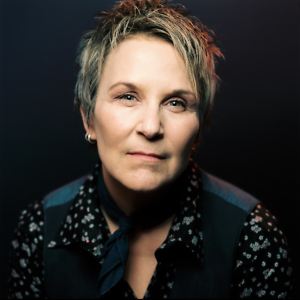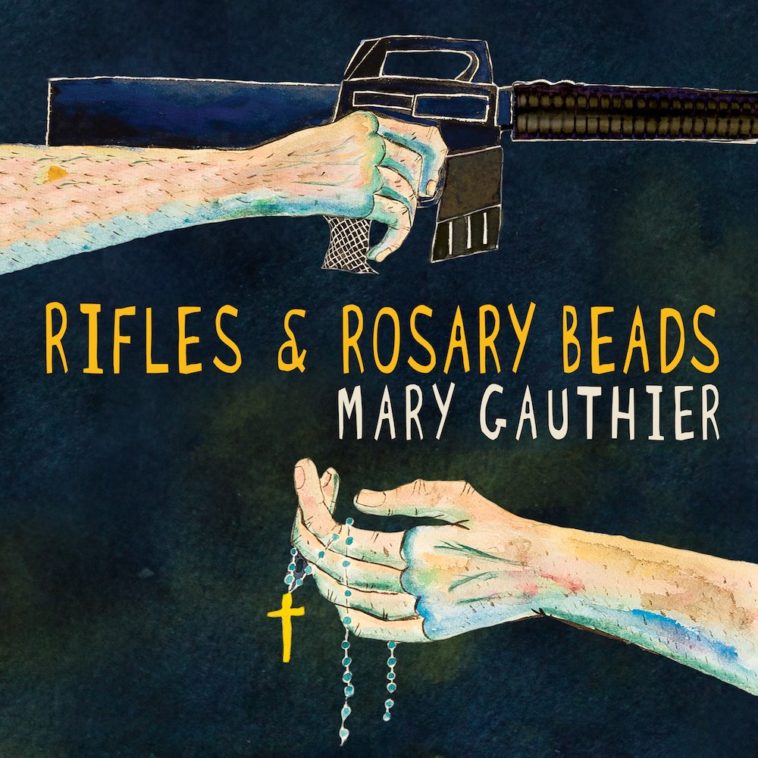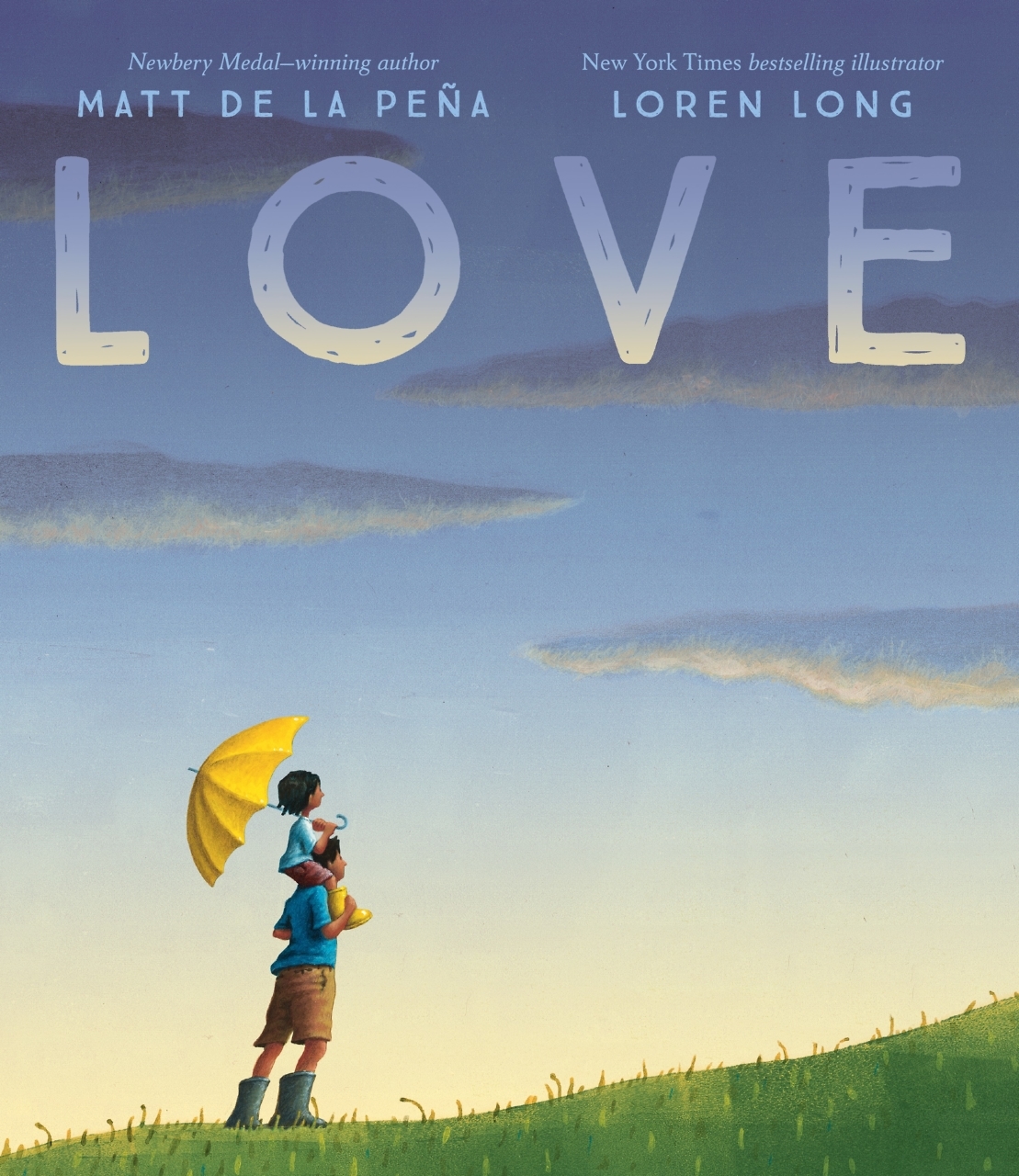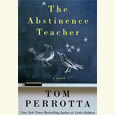The Best Literary Citizen
J.T. Ellison shares some thoughts on social media, literary community, and her latest novel, Good Girls Lie
Author J.T. Ellison is a force to reckon with. She blogs, records podcasts, and writes a weekly newsletter complete with recipes and book recommendations. On her website, she shares tips and lots of you-go-girl advice with fans and would-be writers, and she also keeps in touch with readers and colleagues on Twitter, Facebook, and Instagram. With fellow Nashville author Mary Laura Philpott, Ellison co-hosts the Emmy Award-winning A Word on Words, a Nashville Public Television program featuring authors and their books. She’s also established her own publishing house (Two Tales Press), founded a wine review website called The Wine Vixen, and — though where she finds the time, nobody knows — written and co-written more than 20 novels, many of them bestsellers, that have been published in 28 countries and 16 languages.

Her latest, Good Girls Lie, unfurls within the gates of Goode Academy, an elite girls’ boarding school in rural Virginia, where daughters of the rich and famous compete for academic honors, extracurricular accolades, and invitations to Ivy Bound, the most intense and prestigious of the school’s ancient secret societies. The school is a hotbed of hormones and social rivalry, with skeletons in its closets and secrets in its past, and the story opens, dramatically, with a corpse: A student dressed in graduation robes, her face mangled, hangs from the school’s locked iron gates. Is she a murder victim, a suicide, or a sociopath brought to justice? Four hundred and sixty pages later, breathless from all the twists and turns, the reader finally finds out.
Chapter 16 caught up with J.T. Ellison via email.
Chapter 16: You’re a prolific writer with a number of side projects that must take up a lot of your time. While you’re juggling everything, are you also planning the book that comes next? How far in advance do you start thinking about new characters and plots?
J.T. Ellison: Funny you should ask this. As we speak, I’m a little more than halfway on my next novel, and last night the spark of an idea, what I want to do next, hit me. When I was writing series, it was easy to be thinking a book or two ahead. With standalones, though, so much depends on the character, and the plot follows. If I’m lucky, I start developing characters at least a few months before I sit down to think about how to tell their story. That spark from last night won’t be explored in depth for at least four or five months, but I’ll open a file now so I have a place to leave any ideas, notes, or other sundries as they pop up until I’m ready to get writing.
Chapter 16: On your website, in an essay called “How Social Media Kills the Creative Spirit,” you claim that once when you gave up Facebook for Lent, you wrote 60,000 words in six weeks. Is social media ever still a problem for you, and if so, how do you overcome its sticky addictiveness?
Ellison: Social media has always been a problem for me. I’m an introvert, and especially shy in groups. The socials allow me to connect comfortably with people, writers and readers alike. But I can’t spend all my time at a virtual cocktail party talking books, as much fun as it is. And since my willpower is lacking, I use tools like the Freedom app to shut off my internet at set times so I can focus solely on my work. Social media is a fire hose of people and ideas and opinions, and sometimes it’s just too much. I go on overload and need to step away for an extended period, which is why I do the annual sabbatical over Lent. Those six weeks to myself keep me so grounded, I’ve started taking a few two-week sabbaticals, as well, usually late summer and mid-fall.
Chapter 16: What do you do when you’re stuck for ideas, stuck for inspiration, or just plain stuck?
Ellison: Complain, first and foremost, to anyone who will listen. Then I start examining why I’m stuck. Then I go for a walk, or hit the golf course, or rewatch a favorite movie, or reread a favorite book. Going back into a world I love almost always breaks me free. Inspiration isn’t usually my problem, thankfully, but I have been known to go down the wrong rabbit holes.
Chapter 16: Do you have a favorite among your own books?
Ellison: The flip answer is I love the book I’ve just finished writing, but honestly, I really dig Lie to Me. While I was writing it, I told myself over and over not to be afraid, to let it all hang out. I wanted to level up my writing, and to do that, you have to take chances. It was a chancy book, and I pushed myself into uncharted territory with the structure and story. Plus, I went to Paris twice while writing it to do research. You can’t get better than that.
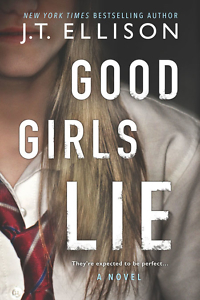 Chapter 16: A cell phone features as a plot device in Good Girls Lie. Does modern technology make it easier or more difficult to craft suspenseful plots? I’m wondering whether the ubiquity of cell phones, cameras, texting, and so on helps or hinders you when you’re figuring out what your characters know or don’t know.
Chapter 16: A cell phone features as a plot device in Good Girls Lie. Does modern technology make it easier or more difficult to craft suspenseful plots? I’m wondering whether the ubiquity of cell phones, cameras, texting, and so on helps or hinders you when you’re figuring out what your characters know or don’t know.
Ellison: Great question — it’s one I struggle with all the time. Technology makes it a thousand times easier for cases to be solved, but when you’re writing a mystery, you have to find ways to avoid the character merely picking up the phone and finding out the truth. Whoops, story is over on page three. In Good Girls Lie, I was determined not to have a bunch of teens with their ubiquitous cell phones, so I decided to have the school ban them entirely. It’s becoming more and more common in schools anyway, which helps, but more importantly, not having their cell phones isolates the girls of Goode. And it makes the cell phone in the story much more impactful, an actual plot device rather than something glued to all the characters’ hands.
Chapter 16: In a note at the end of Good Girls Lie, you write that Goode Academy was inspired by your alma mater, Randolph-Macon Women’s College. Was there a particular reason you chose to set the book’s action in a boarding school, rather than in a college?
Ellison: There was, and it was done on purpose. My main character, Ash Carlisle, is recently orphaned in a terrible murder-suicide and has traveled from her home in Oxford, England, to attend Goode. She’s been sent there, her parents are gone, and she has no recourse other than the school. If she were older, college-age, she would have more choices. She could get a job, travel, choose another college. But as a teenager she’s stuck. Because of her age, her choices have been stripped from her. Plus, when things start going south, she doesn’t have the means to leave. She’s trapped on the mountain with these murderous young women.
Chapter 16: “I was quite dismayed to see R-MWC’s board vote to go coed in 2006, against the wishes of most of its alumnae,” you wrote in the novel’s afterword. Why the dismay?
Ellison: One of the tenets of a single-sex education was the empowerment it gave us. We weren’t in any sort of competition with the boys in class, because there weren’t any, so we could focus solely on our education. R-MWC gave us the tools to go into the world as feminists, as women who expected equal treatment, yes, but they told us time and again how powerful our experience was — and they were right. The now co-ed version, Randolph College, is a great school, but I hate seeing the single-sex option slowly disappearing across the country. It truly shaped me into the woman I am today, both through the honor code and the unrelenting expectations of equality.
Chapter 16: A friend in Nashville, when she heard I was reading your latest, described you as “the best literary citizen.” One look at your Twitter feed or your blog confirms it — you’re an unfailing champion of other writers, which is really lovely. Can you talk a little about the literary communities you’re part of and what they mean to you?
Ellison: That is the highest compliment, thank you! I’ve been so blessed by the writing community. From day one, I’ve been lifted up — by bookstores, by librarians, by readers, by publishers — but most importantly, by other writers. Authors I’d read for years happily endorsed my debut novel, and that paved the way into the literary world for me. Others sat me down and explained how the industry works, how the nitty-gritty of sales and marketing and publicity and distribution works. And more have talked me through my career’s life changes, bolstering, advising, cheering me on. I try to do the same, reach back down the ladder. I’ve been on group blogs, participated in group marketing teams, traveled with other authors before that was a common practice. I fully believe there is room for all of us in the market, especially our female thriller and suspense authors, who sometimes get lost in the shuffle. A rising tide lifts all boats — that’s how I look at this industry. We are stronger together. Another adage I took away from my college experience.

From 2012 to 2016, Fernanda Moore was the fiction critic for Commentary. Her work has also appeared in The New York Times Magazine, Marie Claire, New York, and Southern Living, among others.
